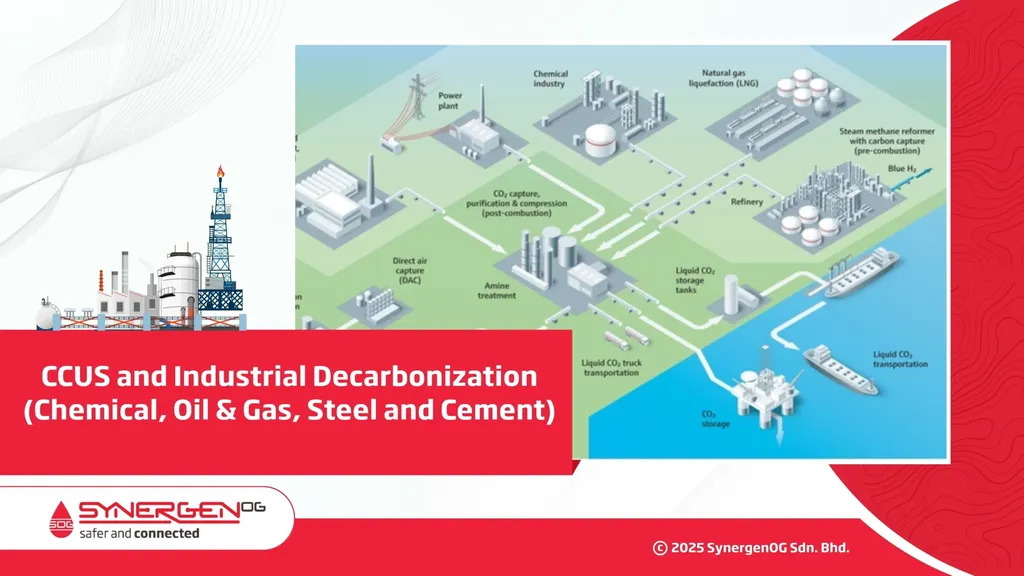In the quest to decarbonize heavy industry, a new review offers a comprehensive look at the state of carbon capture, utilization, and storage (CCUS) technologies, highlighting both the challenges and promising solutions that could reshape the energy sector. Published in the “International Journal of Chemical Reactor Engineering,” the study, led by Ritu Bala of the Department of Microbiology, adopts a sociotechnical lens to examine how these technologies can be scaled and integrated into industrial processes.
Industrial sectors like steelmaking, cement production, and chemical manufacturing are notoriously difficult to decarbonize, but CCUS technologies are emerging as a critical tool in the fight against climate change. The review outlines recent advancements in carbon capture, including post-combustion, pre-combustion, oxy-fuel combustion, and direct air capture (DAC), which are improving efficiency and making these technologies more viable for large-scale deployment.
“One of the most exciting developments is the diversification of CO2 utilization pathways,” Bala notes. “We’re seeing CO2 converted into synthetic fuels, chemicals, and even building materials, which not only reduces emissions but also creates new commercial opportunities.”
However, the path to widespread adoption is not without obstacles. Technically, CCUS systems demand significant energy and face scalability challenges. Economically, high costs and insufficient market incentives remain major hurdles. Socially, public perception and environmental justice concerns add another layer of complexity. Regulatory frameworks are also lagging, with gaps in governance slowing progress.
The review identifies emerging solutions that could overcome these barriers. Innovations in materials science are enhancing storage efficiency and capture performance, while artificial intelligence and machine learning are optimizing system operations. Hybrid approaches that combine CCUS with renewable energy and collaborative public-private models are also showing promise.
“Integrating CCUS with societal needs and policy frameworks is crucial,” Bala emphasizes. “Future research must prioritize economic incentives, regulatory development, and addressing gaps in storage safety and lifecycle assessments.”
As industries strive to meet increasingly stringent emissions targets, CCUS technologies could play a pivotal role in achieving a circular carbon economy. By capturing and repurposing CO2, these technologies not only reduce emissions but also create new revenue streams, potentially transforming the energy sector’s economic landscape.
The study underscores the need for a holistic approach that considers technical, economic, social, and regulatory factors. As Bala and her colleagues argue, the future of industrial decarbonization lies in the seamless integration of CCUS technologies with broader societal and policy frameworks, paving the way for a more sustainable and economically viable energy future.

